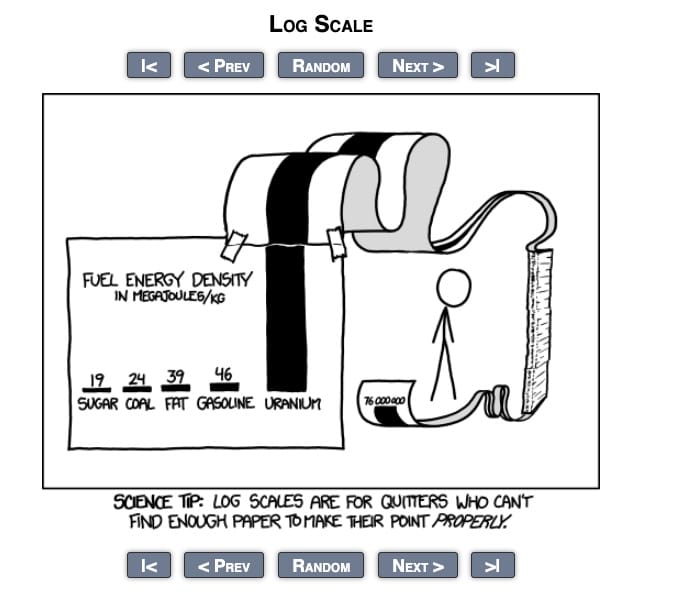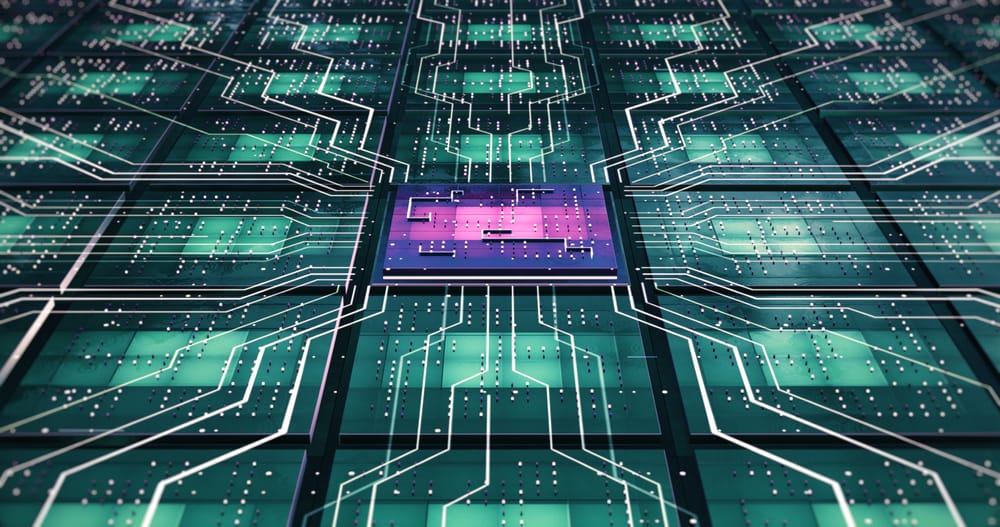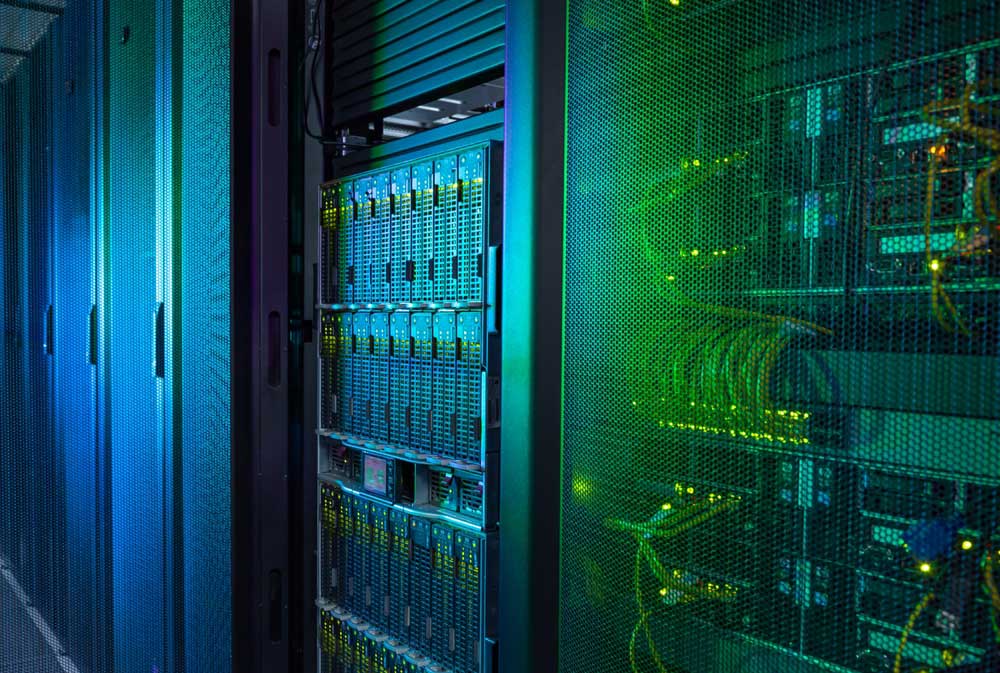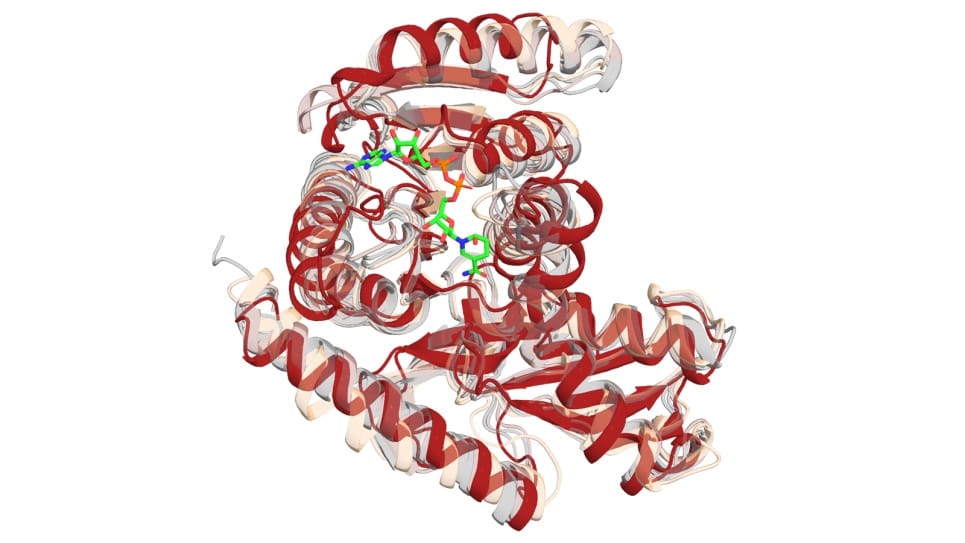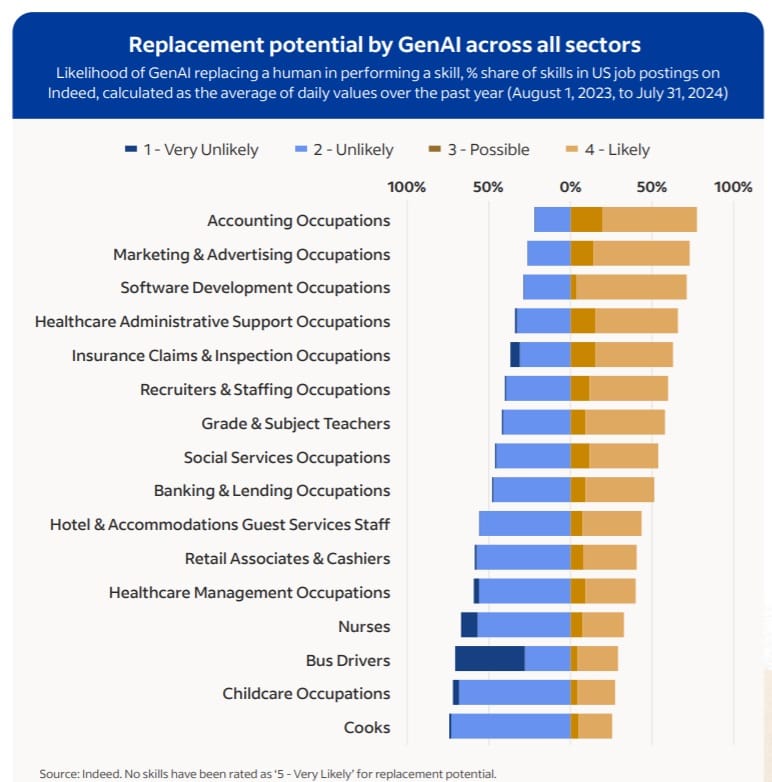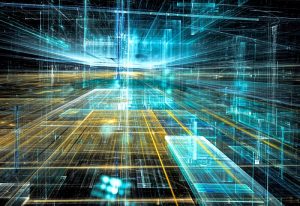
A recent news release from Data storage company WEKA and S&P Global Market Intelligence unveiled the findings of their second annual Global Trends in AI report. The global study, conducted by S&P Global Market Intelligence and commissioned by WEKA, surveyed over 1500 AI practitioners and decision-makers to understand the underlying trends influencing AI adoption and […]

Hyperscalers have recently made big moves to secure enough power for their data centers. While renewable sources are preferable, there is not enough capacity to feed the next generation of “AI datacenters” on the drawing board. Using fossil fuels is possible but not desirable or sustainable. That leaves nuclear power as the best medium-term solution. […]

A funny thing happened on the way to the AI promised land: People realized they need data. In fact, they realized they need large quantities of a wide variety of data, and that it would be better if it was fresh, trusted, and accurate. In other words, people realized they have a big data problem. […]

Doubt is creeping into discussion over generative AI, as industry analysts begin to publicly question whether the huge investments in GenAI will ever pay off. The lack of a “killer app” besides coding co-pilots and chatbots is the most pressing concern, critics in a Goldman Sachs Research letter say, while data availability, chip shortages, and […]

Md Murad Hossain Khondaker and Mostafa Momen recently published their study titled Improving hurricane intensity and streamflow forecasts in coupled hydro-meteorological simulations by analyzing precipitation and boundary layer schemes in the American Meteorological Society’s Journal of Hydrometeorology about hurricanes and how the use of supercomputers can help accurately predict potential hurricane-induced damage. The post ACCESS: Enhancing Hurricane […]

The general consensus that AI would “change everything” is proving to be correct when it comes to infrastructure impacts. The new imperative is to raise and maintain operational standards to avoid inevitable outages caused by adding AI to existing infrastructure. Already key elements are straining to keep pace. It’s hard to tell which new AI […]

A Google-led team of researchers have presented more evidence that it’s possible to run productive circuits on today’s near-term intermediate scale quantum devices that are beyond the reach of classical computing. The post Google Reports Progress on Quantum Devices beyond Supercomputer Capability appeared first on HPCwire.

Harnessing the power artificial intelligence (AI) and the world’s fastest supercomputers, a research team led by the U.S. Department of Energy’s (DOE) Argonne National Laboratory has developed an innovative computing framework to speed up the design of new proteins. The post Argonne Team Breaks New Ground in AI-driven Protein Design appeared first on HPCwire.

There’s been a lot of fear, uncertainty, and doubt (FUD) about the potential for generative AI to take people’s jobs. The capability of large language models (LLMs) to answer questions and handle digital tasks when prompted has caught people’s attention, for better and for worse. But what are the odds that LLMs actually will replace […]

A recent study led by University of Minnesota Twin Cities researchers provides fundamental insight into how light, electrons, and crystal vibrations interact in materials. The research has implications for developing on-chip architectures for quantum information processing, significantly reducing fabrication constraints, and thermal management. The post Researchers Develop New Techniques to Control Light for Improved Quantum […]


